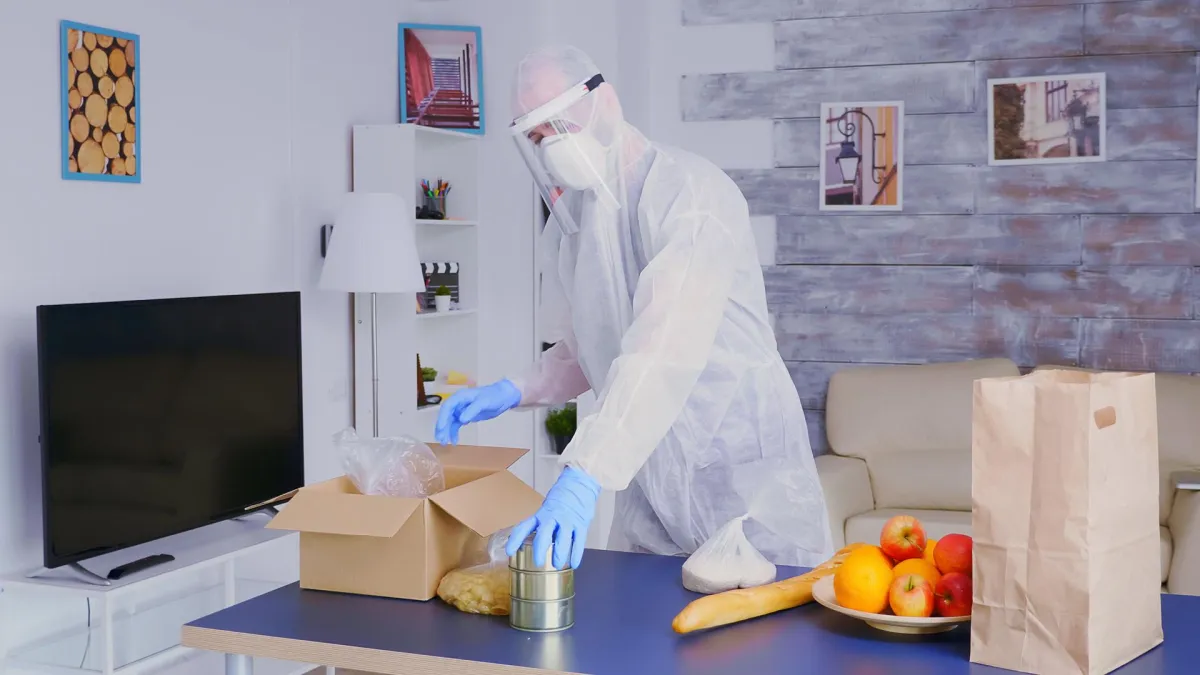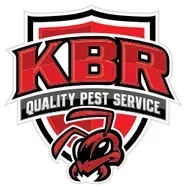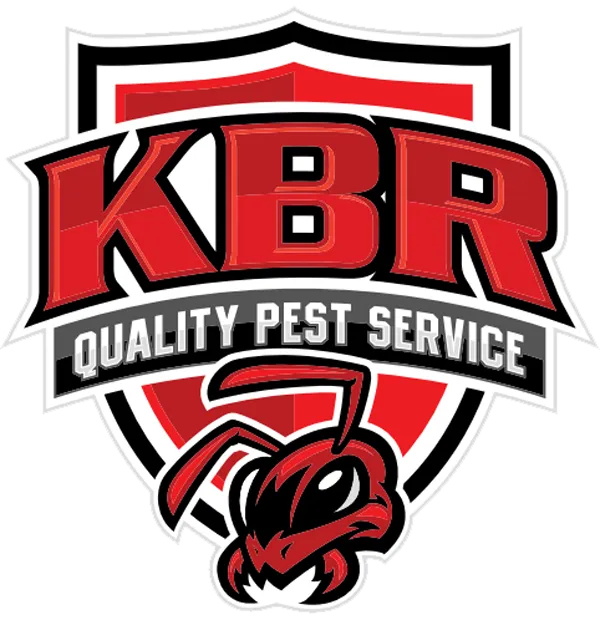Blog

Pantry Pests in Florida: How to Prevent Infestations in Your Home
Introduction
Imagine opening your pantry to grab a bag of flour—only to find small beetles crawling inside. In Florida’s warm, humid climate, pantry pests thrive year-round, quickly turning dry food storage into a breeding ground. These invaders contaminate food, cause waste, and can be difficult to eliminate once they take hold.
This guide explains how pantry pests get into your home, which species are most common in Florida, and the steps you can take to prevent and control infestations effectively.
What Are Pantry Pests and Why Are They Common in Florida?
Pantry pests are insects that infest stored food products like grains, cereals, flour, nuts, and dried fruit. Florida’s consistent humidity and warmth provide the perfect environment for these pests to reproduce and spread quickly.
Some of the most common pantry pests in Florida include:
Indian Meal Moths: Small moths that lay eggs in flour, cereal, or pet food. You may see tiny larvae crawling inside packaging.
Sawtoothed Grain Beetles: Flat brown beetles that infest cereals, dried fruit, and pasta.
Cigarette Beetles and Drugstore Beetles: These pests target spices, dried flowers, and even tobacco products.
Weevils: Known for boring into whole grains, rice, and nuts.
Flour Beetles: Thrive in flour, baking mixes, and processed grains.
Because of Florida’s mild winters, these insects remain active all year long, making prevention a continuous effort.
How Pantry Pests Enter Your Home
Understanding how these pests get inside is key to preventing infestations.
Contaminated Food Products: Many pantry pests hitchhike in food packaging from grocery stores or warehouses.
Poorly Sealed Containers: Cardboard boxes and thin plastic bags offer easy access.
Spilled Food and Crumbs: Even small food debris attracts pests.
Unused or Forgotten Items: Products that sit untouched for months often harbor undetected colonies.
Outdoor Openings: Insects can enter through cracks, vents, or poorly sealed windows and doors.
A single infested product can lead to a full-blown infestation in just a few weeks if not addressed quickly.
How to Prevent Pantry Pest Infestations
Preventing pantry pests in Florida requires a combination of vigilance, cleanliness, and proper storage habits. Follow these steps to keep your food pest-free year-round.
1. Inspect Groceries Before Storing
Before placing new groceries in your pantry, check packaging for holes, tears, or signs of insect activity. Look closely at grains and flour for small moving specks or webbing.
2. Store Food in Airtight Containers
Transfer dry goods like cereal, flour, rice, and pet food into sealed glass or plastic containers. This not only prevents infestations but also keeps food fresher longer.
3. Maintain Regular Cleaning
Keep pantry shelves free from crumbs and spills. Wipe surfaces with a vinegar-based cleaner, and don’t forget corners and under shelving where debris can collect.
4. Rotate Food Supplies
Adopt a “first in, first out” approach—use older items before newer ones. Regular rotation ensures food doesn’t sit long enough for pests to reproduce.
5. Monitor with Traps
Use pheromone traps designed for pantry pests like moths and beetles. They help detect early infestations before they spread.
6. Reduce Humidity
Because Florida homes often have high humidity, use dehumidifiers or air conditioning to discourage pest breeding.
7. Schedule Preventive Pest Control
Professional pest control companies like KBR Quality Pest Services can inspect and treat problem areas using safe, targeted methods. Routine maintenance helps prevent reinfestations, especially during Florida’s humid months.
What to Do if You Already Have Pantry Pests
If you spot bugs in your pantry, act quickly to prevent them from spreading.
Identify and Discard Infested Items: Seal and dispose of contaminated food in an outdoor trash bin.
Clean Thoroughly: Empty shelves completely and vacuum cracks and crevices.
Wash Surfaces: Use warm, soapy water or a mixture of water and white vinegar to clean all storage areas.
Freeze Suspect Items: If you’re unsure whether a product is infested, freeze it for four days to kill any eggs or larvae.
Call a Professional: If the problem persists, contact KBR Quality Pest Services. Their team specializes in identifying hidden sources and applying safe, effective treatments to eliminate pests and prevent recurrence.
Frequently Asked Questions
What are the first signs of pantry pests?
You may notice tiny beetles, moths, or larvae crawling in food containers or small webs near packaging.
Can pantry pests make you sick?
While they don’t carry diseases, consuming contaminated food can cause stomach irritation or allergic reactions in some people.
How often should I clean my pantry?
At least once a month—more often in humid environments like Florida, where moisture speeds up pest reproduction.
Do pantry pests spread to other parts of the home?
Yes. Moths can fly to other rooms, and beetles can crawl into nearby cupboards or baseboards.
What’s the best way to keep pests out of pet food?
Store pet food in sealed, airtight containers and clean feeding areas regularly to avoid crumbs or spills.
Conclusion
Pantry pests may be small, but they can cause big problems in Florida homes. With the state’s year-round humidity and warmth, prevention is the best defense. By maintaining clean storage areas, sealing dry goods, and scheduling routine inspections, you can keep your food—and your home—pest-free.
For residents in Cape Coral and surrounding areas, KBR Quality Pest Services provides expert pest control tailored to Florida’s unique climate. Their professionals offer fast, effective solutions to protect your pantry and your peace of mind.
Pest Services
Helpful Links
Contact Information
Mon - Sat: 8:00 am - 6:00 pm
Sun: Closed
Address
1730 Northwest 9th Terrace Cape Coral, FL 33993
© 2025 All Rights Reserved | KBR Quality Pest Services

